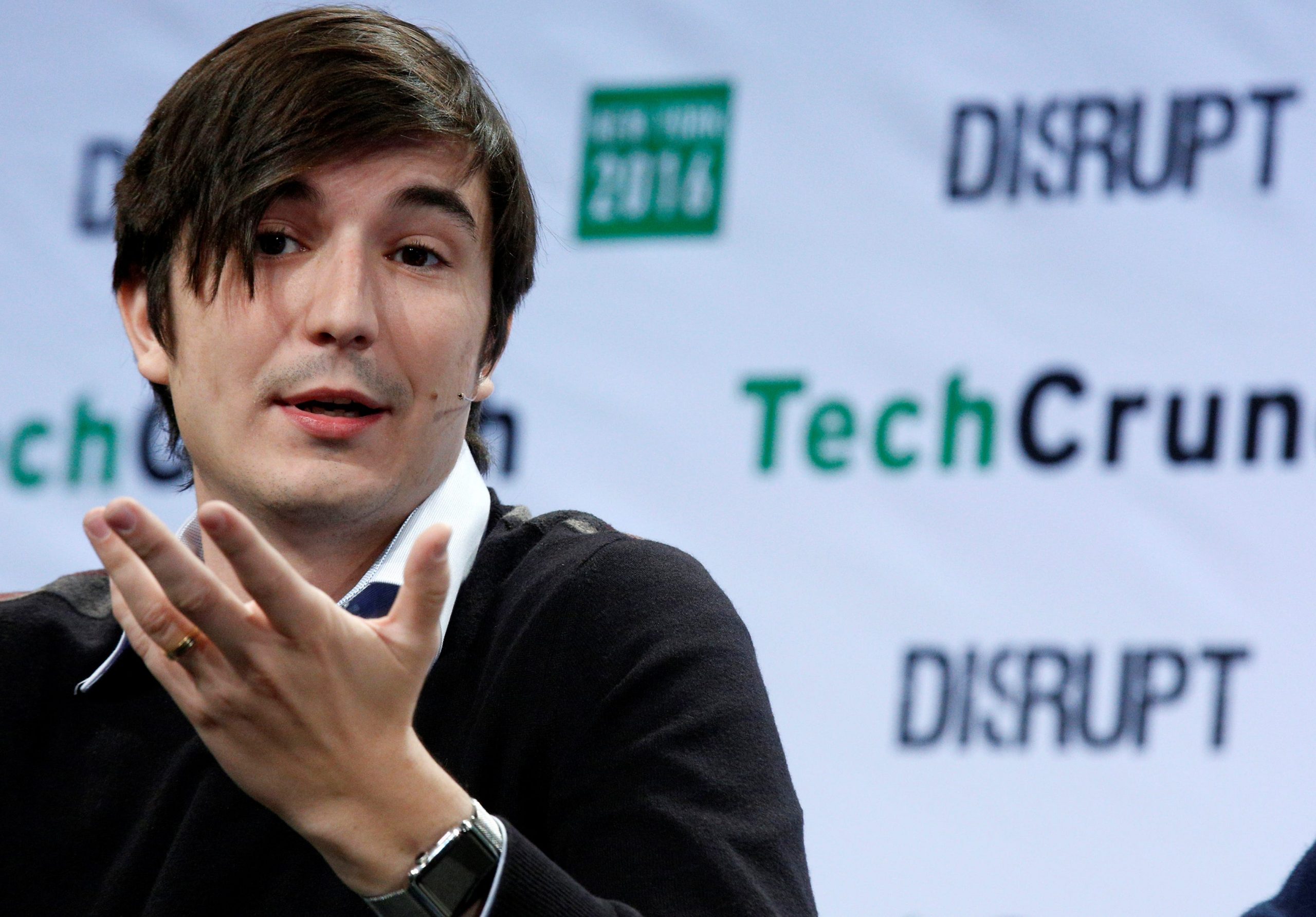
REUTERS/Brendan McDermid
- Robinhood CEO Vlad Tenev told CNBC Thursday it acted to protect the trading app and its customers.
- Tenev said “it pains us to have had to impose these restrictions,” and Thursday was “challenging.”
- He said he wanted to make clear Robinhood didn’t do this at the direction of any market maker.
- Visit Business Insider’s homepage for more stories.
Robinhood CEO Vlad Tenev said Thursday the company’s move to restrict trading of GameStop, AMC, and other stocks was in the best interest of the app and its users.
“In order to protect the firm and protect our customers we had to limit buying in these stocks,” Tenev told CNBC Thursday evening.
On Thursday, the stock-trading app blocked purchases of stocks in 13 equities including GameStop, AMC, BlackBerry, and Nokia. Users of the app became furious and even launched a class-action suit against Robinhood. Later in the day, the company announced it would reopen limited purchases of the affected stocks.
Tenev said Thursday was “a challenging day” and the firm had to make “a very difficult decision as part of normal operations.”
“It pains us to have had to impose these restrictions,” said Tenev, adding that Robinhood is going to do what it can to enable trading in these stocks soon.
He said he wanted to address the misinformation, stressing that the company didn't do this at the direction of any market maker. "Robinhood is a brokerage firm, we have lots of financial requirements," he said.
"We just haven't see this level of concentrated interest market wide in a small number of names before," said Tenev. "We do believe that you should be able to buy and sell the stocks that you want to."
He said the interest Robinhood is seeing was due to the fact that "finance has been culturally relevant in a way that hasn't been before."
Tenev denied there was any existing liquidity problem at Robinhood, following rumors the company had borrowed "at least several hundred million dollars" from banks amid the huge surge in trading on its platform. He said he pulled in credit lines as a proactive measure.